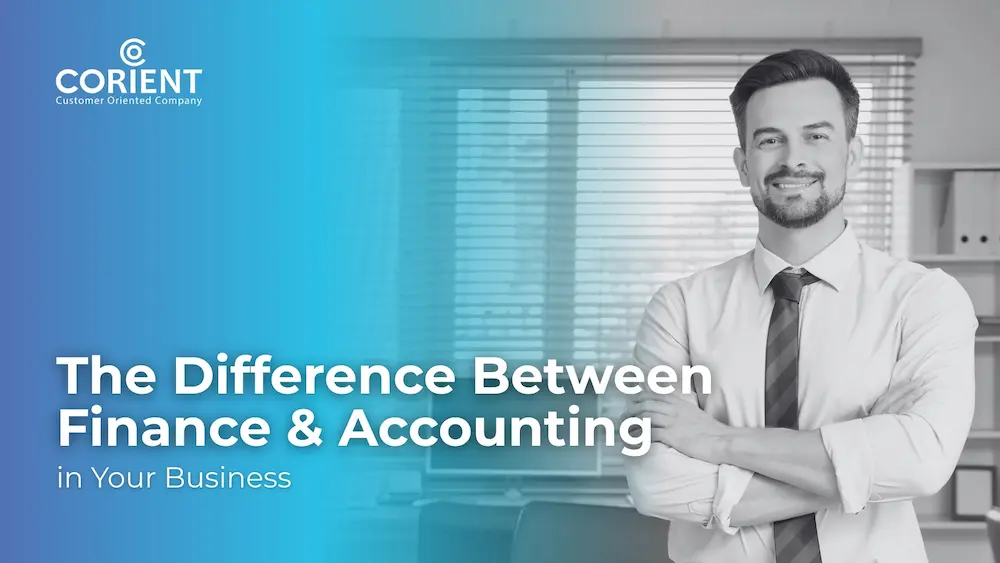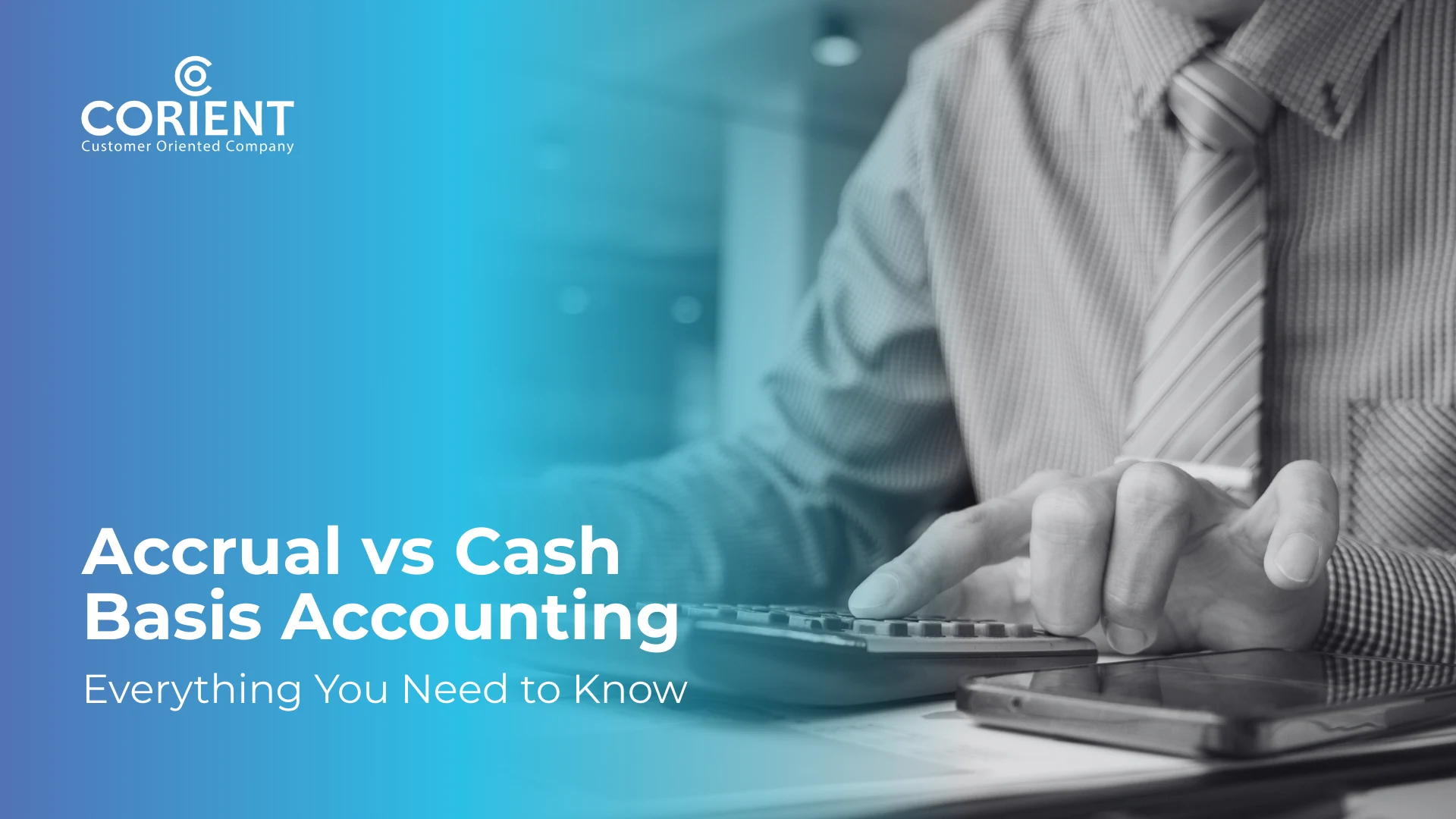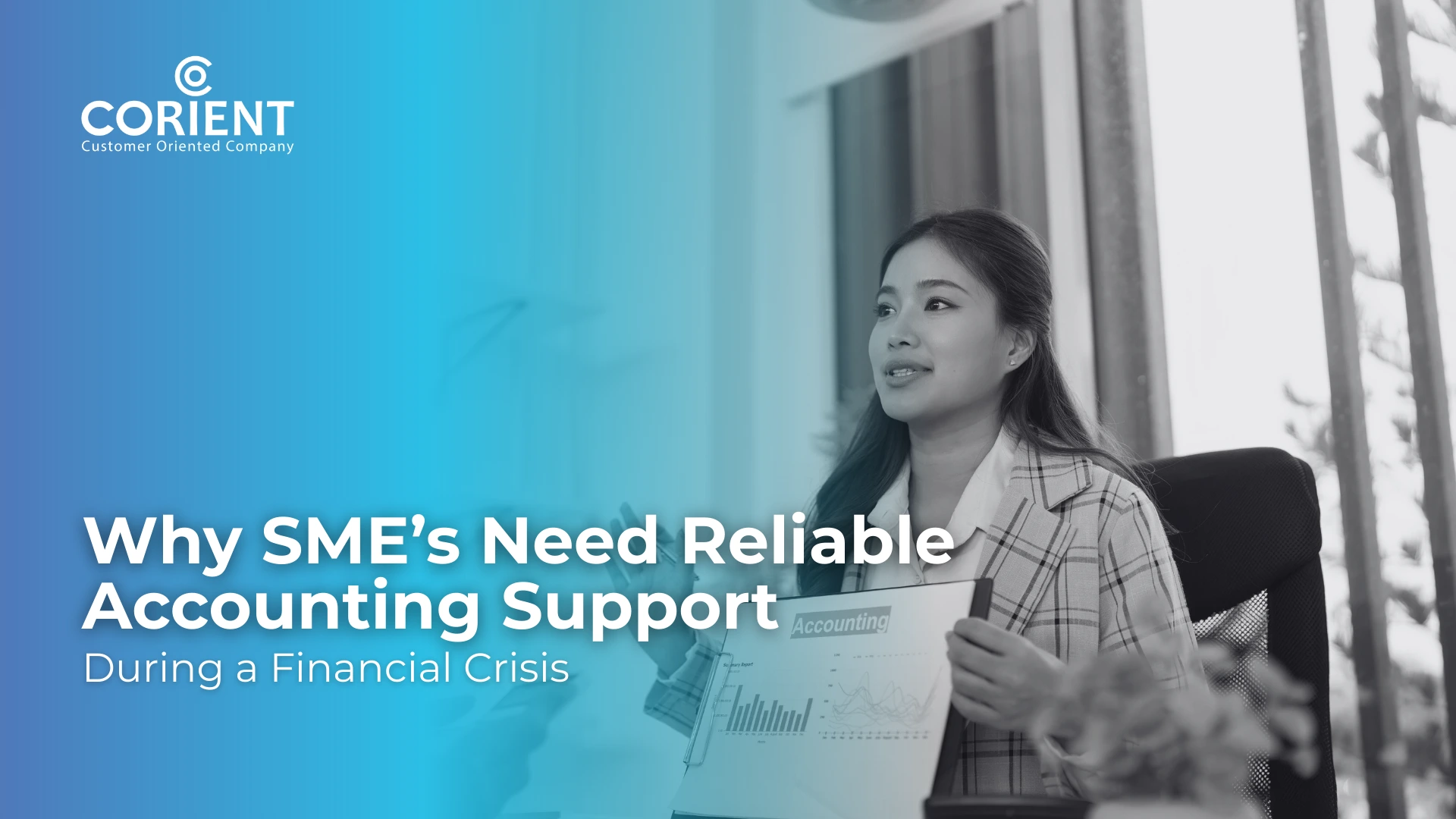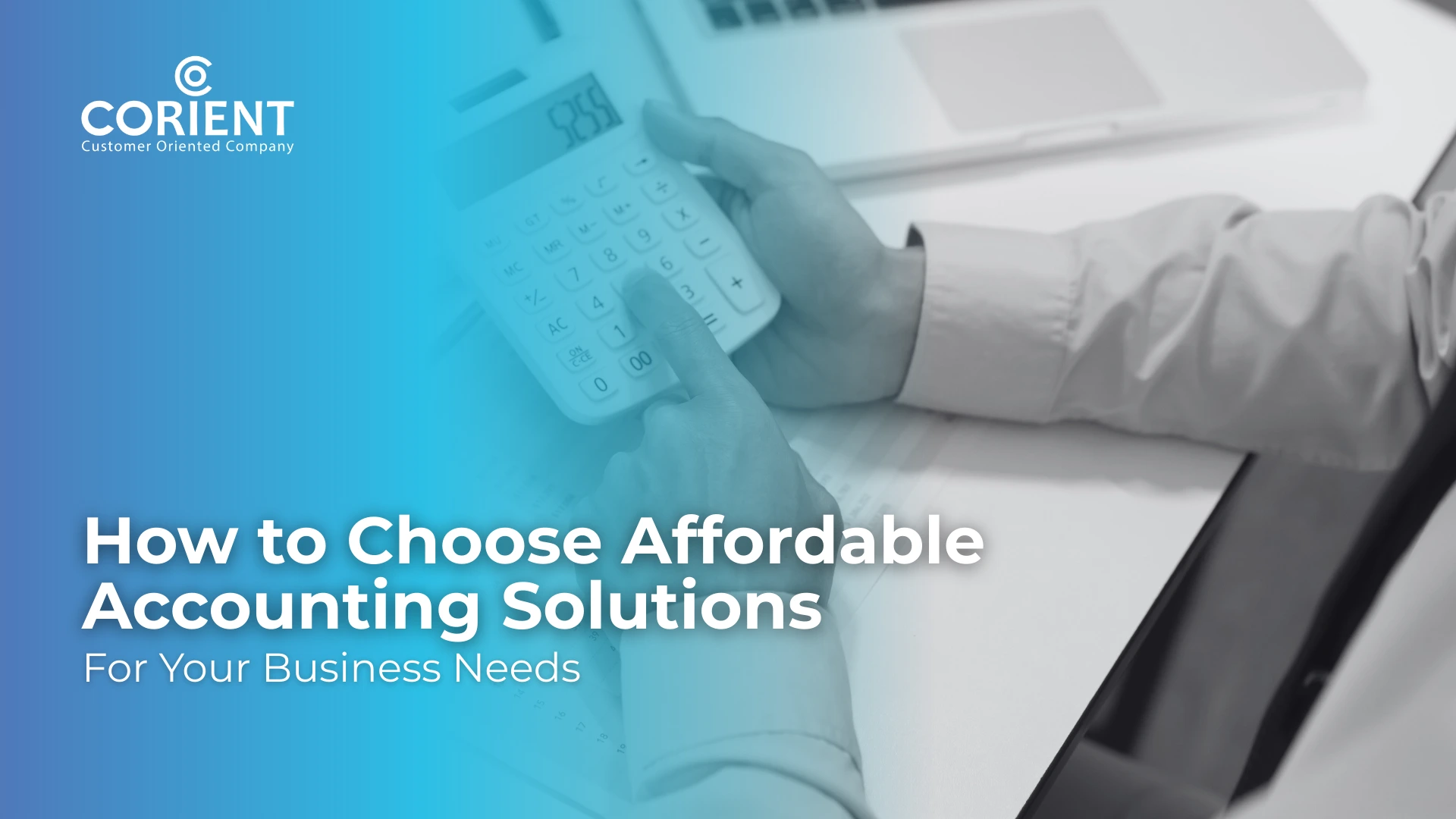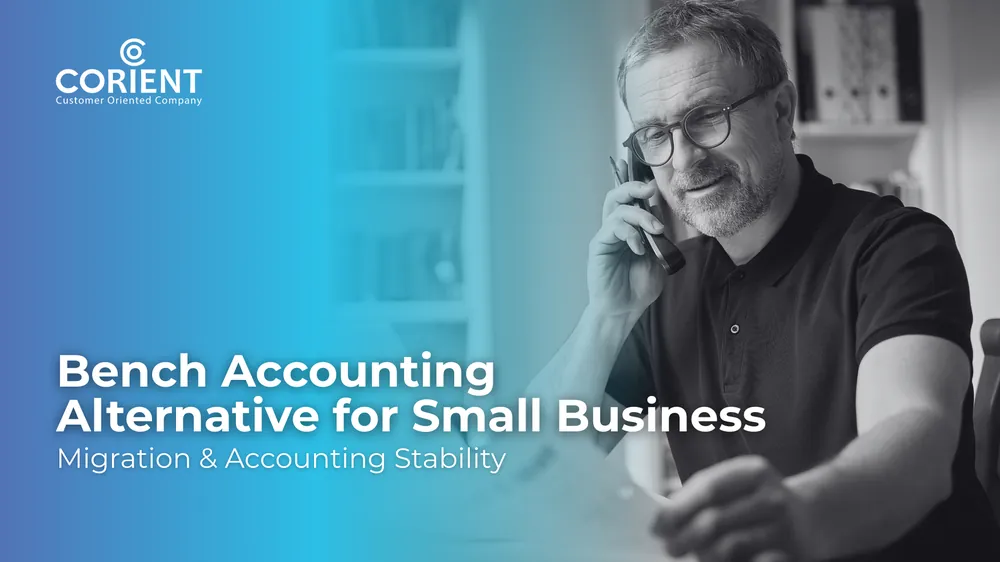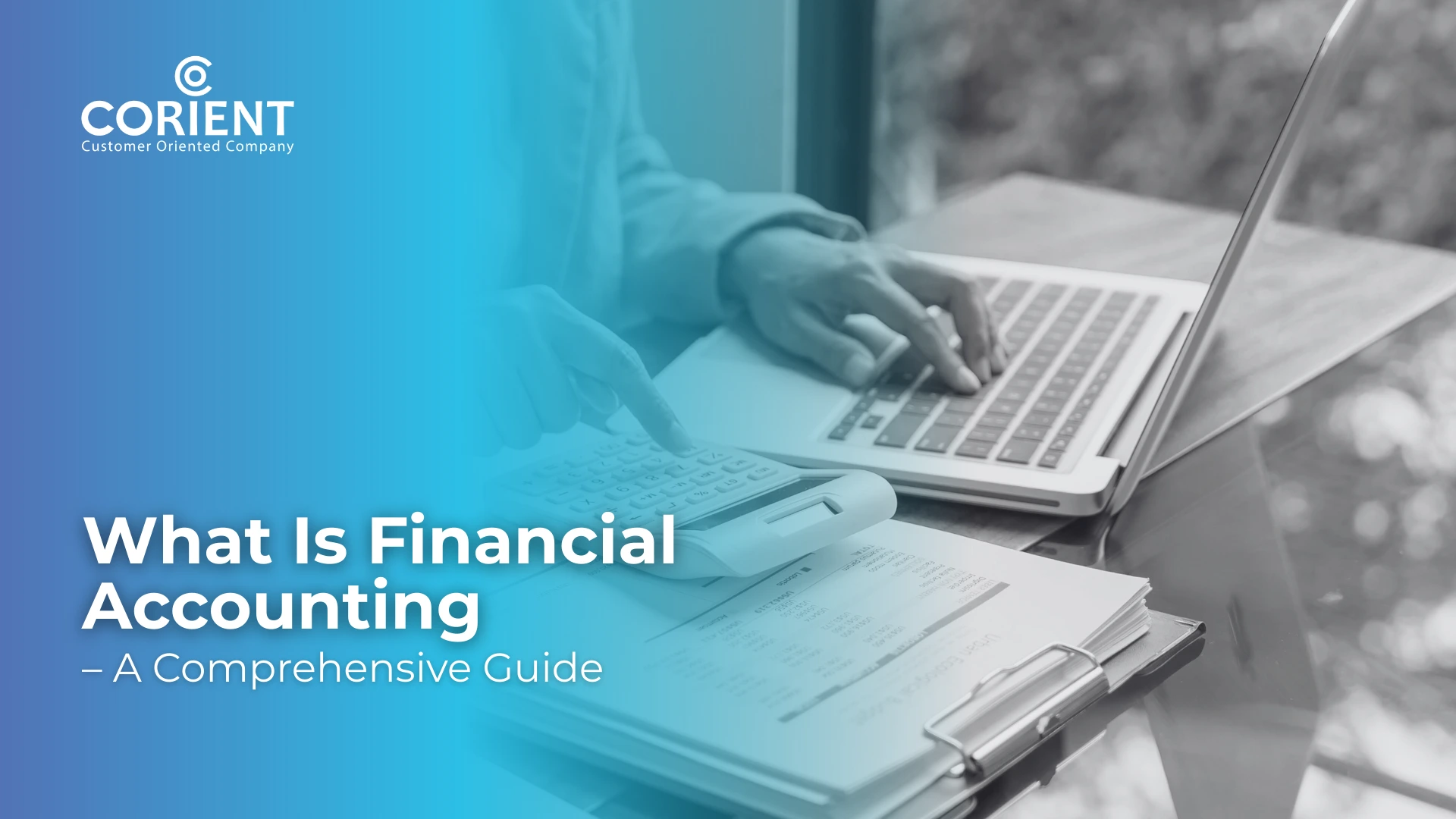Introduction
An accounting partner is like a medium that ties the business’s operations and goals. They are responsible for overseeing the administrative tasks, whether it is coherent to the goals and strategic path set forth by other partners and decision-making bodies. Apart from accounting services, an accounting partner also indulges in smooth business operations, client retention and fostering new potential clients for the business.
Choosing an accounting partner is a critical and time-consuming task, which when properly executed, will result in partnership with efficient individuals that do not take it as a job, rather their personal responsibility to make things better and best for businesses and its employees. Your accounting partner plays a pivotal role in maintaining financial health, ensuring compliance and contributing to long-term growth.
As the name states, partner is also an owner and an employee at the same time. Choosing the right one will lead to business’s exponential growth. In this blog, we will explore what an accounting partner is, their role, common mistakes businesses make when selecting one, and how to make an informed choice.
What Is a Partner in Accounting?
Before diving into how to select the right partner, it is critical to understand what is a partner in accounting. Unlike the regular accountants – that are either responsible for tax preparation, bookkeeping, payroll and more, an accounting partner is the most senior employee of the firm, practically one of the owners that looks into the efficacy of tasks performed by its juniors. They guide, train and empowers their fellow colleagues to strive for the best, while optimally utilizing the resources.
An accounting partner helps in:
- Developing financial strategies, aligning with the vision of the firm
- Business development with directive strategies
- Managing client relationships
- Overseeing to ensure that the day-to-day operations are done without a hitch.
- Handling Complex administrative work
- Formulating risk mitigation strategies by collaborating with major decision-making bodies.
- Ensuring compliance with regulations
- Planning for future growth.
The Role of an Accounting Partner in Your Business Success
Beyond the formal office structure, the work of an accounting partner extends to his/her free time and inside the boundaries of their home. Their work is pivotal in maintaining business operation consistency and financial stability. An accounting partner is not just responsible for overseeing accounting activities and book of business, but also handling work, while fostering collaborative environment. Hence, their role is diverse, demanding preparation beyond technical aspect of the job.
Some of the roles an accounting partner is associated with, are:
Revenue Generation
Keeping a consistent rapport with existing clients, while pursuing for future clients, an accounting partner directly communicates with clients and high-profile individuals, contributing to firm’s profitability and revenue.
Business Development
Conducting an audit on a regular basis to identify gaps, and scope of improvement from competitor analysis – accounting partner looks into ways to grow the business by identifying new opportunities and expanding the firm’s services to existing and potential clients.
Financial Planning and Reporting
With years of practical knowledge, the accounting partner prepares accurate financial statements, and analyzes the reports with benchmark ratios and accounting standards to produce a relevant plan that can help the company by soaring for higher goals and the ultimate vision.
Budget Management and Forecasting
Based on the need, and the current situation of the company, the accounting partner sets realistic budget, driving data-driven decisions that can contribute to the business’s long-term growth. From finding areas to cut cost, and allocate more for profitable departments, the role of an accounting partner is not just setting budget and forecasting its use, but to manage employee sentiments and needs, all at the same time.
Tax Compliance and Advisory
Navigating the tax realm is complex and time-consuming, requiring accuracy at each end to avoid errors or misstatements. The accounting partner ensures to comply with all the necessary tax regulations and policies, and provide advice on saving taxes, while guiding businesses on leveraging government initiatives and subsidies for growth.
Common Mistakes Businesses Make When Choosing an Accounting Partner
Failing to Define the Business Needs
Businesses, in a moment decides to look for an accounting partner that can solve current problems and liabilities. This short-term, uncalculated decision can lead to the selection of a partner that is either incompatible or does not posses seasoned skills to carry the business to the next phase. Both parties fail to identify the business need – asking question to themselves – whether it is for helping with certain accounting activities like bookkeeping, or is it for strategic financial planning.
Overlooking Credentials and Experience
Choosing the right accounting partner requires not only the alignment in values and responsibilities, but also necessary skills and accreditations to prove that they are experts in the said field, possessing years of experience and knowledge. Ensure that your accounting partner has relevant certifications (ex: CPA, CMA), expertise in your industry and a proven track record for success.
Skipping Reference Check
When hiring a new accounting partner for your business, always cross-check the references to ensure it is legible and trust-worthy. Contact the listed references and enquire about the individual’s personal and professional demeanor. Look into the clients’ testimonials and reviews to ensure reliability and credibility between facts and laid promises.
Not Prioritizing Communication and Leadership Skills
An accounting partner is also an employee of the firm, and at the same time an owner. They have transitioned from regular accountants and managers to a partner of the firm/business, now capable of handling major VIP clients and ensuring the smooth functioning of the business. Though some technical aspect of their job is still retained, the need for soft skills and excellent leadership initiatives are more crucial than before. At this stage, interpersonal skills play a significant role in their transition into leadership, motivating juniors to complete the work.
Prioritizing Cost Over Value
When you choose the accounting partner on the basis of the cost, this can backfire, leading to the selection of unfit partner that lacks expertise and offers limited services. A competent partner might cost more, but you need to look at the bigger picture that helps you save money from penalties and costly errors. You always have to prioritize the value he/she brings to the table, rather than just focusing on the money aspect.
How to Choose the Right Accounting Partner
Access the Need
Identify what you want from the accounting partner. Is it
- To develop a business model
- Optimize the revenue stream
- Bifurcate the cost structure
- Formulate the growth strategies
- Mitigate risk management tactics
- Fulfilling the long-term strategic vision
- Helping with tax preparation, bookkeeping or financial planning
- Helping with decision-making, etc.
Assessing the need to hire an accounting partner is the first step toward its successful implementation. By carefully evaluating your business’s financial needs, you can determine whether an accounting partner can provide the necessary expertise, compliance, and strategic guidance to support your growth and efficiency.
Research and Shortlist
Connect with your networks and browse through individual portfolios of potential accounting partner candidates. Look and cross-verify their presence and achievements by going through the reviews, testimonials, and presence in the online directories of Chartered Accountants. In-case it is someone from a reputed organization, then go for their personality assessment and verification of the credibility with the HR and managers.
Conduct Interview
Pre-interview, outline important questions you would ask to your potential accounting partner.
- What is your long-term goal?
- How would you handle complex tax issues?
- What do you expect to get from this position?
- Can you provide examples of similar businesses you’ve worked with?
- How good are you working with teams and appreciating their idea?
- Where would you draw a line between being open minded and making firm decision?
- What do you believe are the traits required to be a good accounting partner?
Ask a mix of professional and personal questions to assess their personality and work skills.
Review Proposals and Agreement
When choosing an accounting partner, carefully go through their proposals and agreements. Make sure you check for:
- Detailed service descriptions: Understand what services they will offer, such as tax preparation, bookkeeping, or financial guidance.
- Transparent fee structures: Ensure you know how much they will charge and how fees are structured, whether it’s hourly or fixed rates.
- Structured TimeLine: Ensure to let the potential candidate set a timeline to specific jobs, so you know what to expect from them and when to.
Start with a Trial Period
The candidate you deem fit, can be hired on a trial basis like for a particular project to ensure that they are exactly what your organization is looking for. Trial period will ensure to make the employer aware of the individual’s expertise, personality and traits, and how their vision aligns to that of yours.
Red Flags to Watch Out for When Choosing an Accounting Partner
- Some potential candidates might commit forgery in skills set and expertise. Ensure to cross-verify their works and certificates to ensure transparency prevails in all aspects.
- Observe their response time. Someone who is interviewing for an accounting partner role, by default posses’ years of practical expertise and knowledge. If the individual is taking more than usual time to respond or have difficulty in communication, then alternative choice should be considered for hiring.
- When choosing an accounting partner, watch out for such candidates that has the mentality of – One size/solution fits all. You require a professional expert that can help you with both accounting and business needs. Such candidates can then limit your scope by offering rigid solutions that neither solves the problem nor produce efficient results.
- Also look for online ratings, and testimonials. If the candidate works in a private service organization, review their social and online presence to see if they actively contribute and offer solutions to others.
Conclusion
Choosing the right accounting partner is a strategic decision that can either make or break your business in the long run. By understanding their role, common mistakes businesses make when choosing one, and optimizing the selection process to choose the best candidate, a good accounting partner takes care of the Book of Business and administrative responsibilities, all at the same time with same effort and preparation.
If you’re looking for a reliable and experienced accounting partner, consider Corient Business Solutions for all your accounting and business development needs. Since 2013, we have assisted thousands of organizations of all sizes and sectors in restructuring their business objectives and establishing new financial targets for the next fiscal year. With a proven track record of providing customized financial solutions, we have streamlined all parts of accounting processes, ensuring regulatory compliance and driving corporate success.




